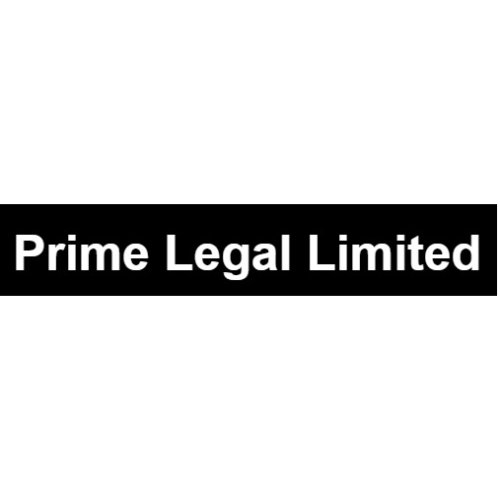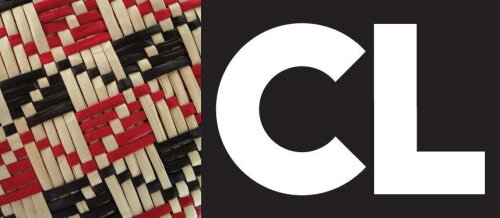Best Drunk Driving Lawyers in Christchurch
Share your needs with us, get contacted by law firms.
Free. Takes 2 min.
List of the best lawyers in Christchurch, New Zealand
About Drunk Driving Law in Christchurch, New Zealand
Drunk driving, also known as drink-driving or driving under the influence (DUI), is a serious offence in Christchurch, New Zealand as it is across the country. New Zealand has stringent laws and penalties in place to deter drivers from operating vehicles while under the influence of alcohol. Penalties can range from fines and licence disqualification to imprisonment, with the severity depending on the level of intoxication and any prior convictions.
Why You May Need a Lawyer
If you have been accused of drunk driving, you are facing potential penalties and a permanent criminal record. A lawyer can provide you with legal representation, ensuring that all necessary legal procedures are performed and your rights are protected. You may also require a lawyer to help you understand the complexities of the legal process, negotiate on your behalf, or present your case in court if necessary.
Local Laws Overview
Under New Zealand law, the two main offences relating to drunk driving are "driving under the influence", where you are unfit to drive due to alcohol, and "driving with excess breath or blood alcohol". The blood alcohol limit for drivers aged 20 or over is 50 milligrams per 100 millilitres of alcohol, and the breath alcohol limit is 250 micrograms per litre. Those under 20 years of age must not drive with any alcohol in their system. A breath or blood test refusal can result in immediate disqualification and charges.
Frequently Asked Questions
What are the penalties for drunk driving in Christchurch, New Zealand?
The penalties for drunk driving can vary greatly based on the specific circumstances. Penalties can range from a fine and licence disqualification to imprisonment for serious or repeated offences.
Can I refuse a breath or blood test?
Refusing to submit to a breath or blood test can lead to immediate disqualification, a fine, and possibly imprisonment.
What if I'm under 20 and caught driving with alcohol in my system?
In New Zealand, the limit for drivers under 20 is zero. This means it's an offence for drivers under 20 to drive with any alcohol in their system. Penalties can include a fine, licence disqualification, and even prison for repeat offenders.
Can I represent myself in court?
While you have the right to represent yourself in court, it is generally unwise to do so. The legal complexities involved with drunk driving matters make it incredibly beneficial to have legal representation.
Are there alternatives to court?
In some instances, you may be eligible for a Police Diversion Scheme or be able to apply for a limited licence, but it depends on the specific circumstances of each case.
Additional Resources
Organisations like Alcohol Advisory Council of New Zealand (ALAC) and Citizens Advice Bureau can provide further advice and support. Additionally, the Transport Agency's website provides comprehensive information about alcohol limits, offences, and penalties.
Next Steps
If you need legal assistance in a drunk driving case, look for a lawyer who specialises in traffic law. Initial consultations often are free and can give you a chance to understand the ramifications of your case. Legal aid may be available, and you should enquire about this during your consultation. Remember, it is crucial that you act promptly to ensure your rights are safeguarded.
Lawzana helps you find the best lawyers and law firms in Christchurch through a curated and pre-screened list of qualified legal professionals. Our platform offers rankings and detailed profiles of attorneys and law firms, allowing you to compare based on practice areas, including Drunk Driving, experience, and client feedback.
Each profile includes a description of the firm's areas of practice, client reviews, team members and partners, year of establishment, spoken languages, office locations, contact information, social media presence, and any published articles or resources. Most firms on our platform speak English and are experienced in both local and international legal matters.
Get a quote from top-rated law firms in Christchurch, New Zealand — quickly, securely, and without unnecessary hassle.
Disclaimer:
The information provided on this page is for general informational purposes only and does not constitute legal advice. While we strive to ensure the accuracy and relevance of the content, legal information may change over time, and interpretations of the law can vary. You should always consult with a qualified legal professional for advice specific to your situation.
We disclaim all liability for actions taken or not taken based on the content of this page. If you believe any information is incorrect or outdated, please contact us, and we will review and update it where appropriate.











